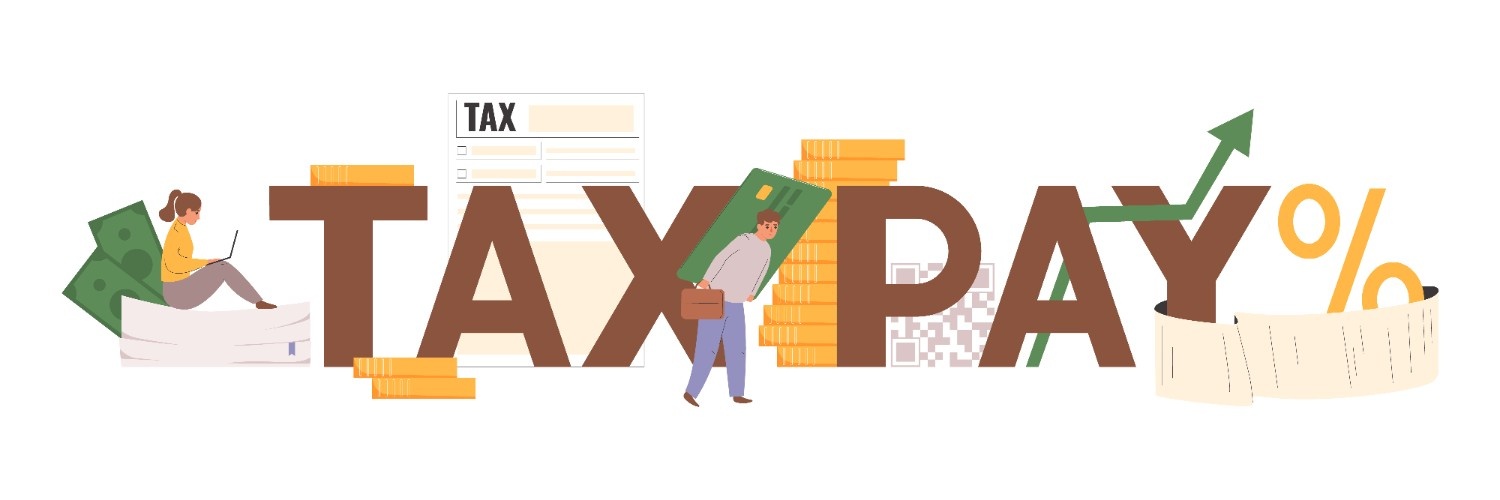The United Arab Emirates implemented a Corporate Tax law beginning June 1, 2023, which transformed business tax and compliance requirements. Businesses operating in the UAE need to submit their UAE corporate tax returns precisely and within the specified deadlines to prevent penalties, audits, and financial complications according to UAE FTA regulations.
The leading auditing and accounting firm, Jaxa Chartered Accountants in the UAE, serves a broad spectrum of clients by assisting them in identifying and rectifying corporate tax return errors. They provide complete compliance assistance to businesses throughout all stages to minimize penalty exposure.
Here, we outline frequent errors in UAE corporate tax returns and share practical tips for staying compliant.
Key Mistakes to Watch Out for in UAE Corporate Tax Return Filing
It is quite challenging to file a UAE corporate tax return. Many businesses in the UAE may make errors that could trigger penalties from the UAE FTA. Let us discover the common mistakes and ways to avoid them.
Inaccurate Bookkeeping in UAE Corporate Tax Return Filing
Inaccurate or inadequate bookkeeping is the most frequent cause of compliance issues with corporate tax reporting in the United Arab Emirates. If proper records are not kept, misstated income figures may lead to penalties, audits, or missed deductions. Maintaining complete and accurate financial data is essential to avoid such risks. Working with the best accounting and bookkeeping firm in the UAE, Jaxa can streamline the process.
Tips to Avoid:
- Track Every Transaction: Document every financial transaction, such as invoices, receipts, bank, and cash records.
- Categorize Expenses: Divide personal and business expenses separately to avoid a misstatement in the UAE corporate tax return.
- Adhere to UAE FTA reporting standards: As per UAE regulations, financial records must be retained for at least 7 years.
Delays in UAE Corporate Tax Registration and Filing
One of the most avoidable corporate tax mistakes in the UAE is missing registration or filing deadlines. Non-compliance with the UAE FTA may lead to penalties and risks of an audit.
Tips to Avoid:
- Adopt Smart Accounting Tools: Select accounting tools that provide automated alerts for key UAE corporate tax filing and registration deadlines.
- Keep a Deadline calendar: Regularly updated schedules help to prevent filing delays and errors.
- Engage with Tax advisors: Partner with top tax consultants in Dubai to handle the filing and registration deadlines.
Misclassifying Expenses Can Hurt Your UAE Tax Compliance
A common error is the failure to correctly classify expenses. Misclassifying expenses such as personal purchases or limited deductions like interest, fines, entertainment expenses etc is a common pitfall for business owners under the UAE tax framework.
Tips to Avoid
- Discover what is permitted: Keep abreast of UAE tax regulations and deductions.
- Don’t Mix It Up: Maintain a strict separation between your personal and business expenses.
- Consult Experts: To prevent hefty classification errors, seek advice from a taxation specialist.
Failure to Maintain Proper Financial Records
Failure to keep proper financial records, such as invoices and receipts, may lead to rejection of the UAE corporate tax return. Missing proper records leads to administrative penalties.
Tips to Avoid
- Automate Your Accounting Practices: To ease financial tracking with the ability to access records everywhere, move to cloud-based accounting software.
- Categorize Financial Records: Organize your records by time and by category (contracts, invoices, and receipts) to help maintain access when the records are asked for during an audit.
- Seek Professional Assistance: Qualified and certified accountants in Dubai, Jaxa, are experts to help ensure your financial documentation is accurate and tax compliant.
Failure to comply with the UAE Transfer Pricing requirements
UAE companies that engage in transactions with related parties are both subject to transfer pricing obligations. Not having sufficient documentation in respect of such transactions could see you incur penalties or fines imposed by the tax authority.
Ways to Avoid.
- Document Each Transaction: Keep records of all pricing and terms between related parties.
- Keep Policies Updated Promptly: Make sure your transfer pricing policies comply with UAE tax guidance.
- Ask Experts: Get in contact with UAE tax experts who specialize in transfer pricing compliance.
Incorrect Application of UAE Corporate Tax Rates
Incorrect application of UAE corporate tax rates can lead to differences in your tax obligations, resulting in either paying too much tax or falling out of regulatory compliance.
Tips to Avoid
- Identify the Applicable Tax Rate: Confirm which UAE corporate tax rate applies to your business classification and income bracket.
- Collaborate with a specialist: Seek advice from reputable tax specialists in Dubai if you are unsure whether you are misinterpreting a threshold for a tax rate.
- Stay informed: To stay in compliance with rate changes, always monitor UAE tax laws.
The High Price of Corporate Tax Errors in the UAE
Any act of non-compliance with the UAE Corporate Tax Regulations may have serious implications, such as fines and penalties, and other legal consequences. These rules are administered by the UAE Federal Tax Authority (FTA), which is empowered to impose penalties for the deduction of income, incorrect filing of any tax return, and failure to register for UAE corporate tax within the specified time. The penalties depend on the type and gravity of the infringement.
Failing to comply with UAE corporate tax laws can harm a company’s reputation and damage trust with clients and business partners. Additionally, it may increase the risk of FTA audits. That’s why it’s important to keep records properly, stay updated on tax rules, and get expert help from certified corporate tax consultants in Dubai- Jaxa, when needed.
UAE Corporate Tax Compliance: Best Practice Framework
To stay compliant and avoid costly penalties under the UAE Corporate Tax Law, businesses should adopt the following key practices:
- Maintain accurate financial reporting through regular reviews.
- Stay up to date with FTA announcements and UAE tax law.
- Track deadlines, file accurately, and stay compliant with the right tax software and professional support.
- Conduct periodic sessions to keep staff aligned with current UAE corporate tax regulations.
- Early detection of tax risks helps mitigate penalties and ensure compliance with UAE tax regulations.
Final Thought
Understanding and embracing UAE corporate tax law is key to success since the UAE remains a global business hub. One way of effectively reducing fines and the loss of reputation is the filing of accurate and timely UAE corporate tax returns. Prevent costly mistakes, such as improperly categorizing your expenditures, missing crucial deadlines, and, above all, late filings, through the guidance of professionals and strategic assistance.
Working with a UAE-registered FTA tax agent and a leading accounting and auditing firm across the UAE and Dubai, Jaxa specializes in providing tailored solutions to support UAE corporate tax compliance and ensure full adherence to UAE regulations. Our certified corporate tax consultant in the UAE with 18+ years of experience and expertise in streamlining the complexities of UAE corporate tax return filing, reducing errors, and exploring tax-saving opportunities.
Reach out to Jaxa Auditors for UAE corporate tax and VAT compliance.
Stay compliant, Stay ahead, Peace of Mind.





